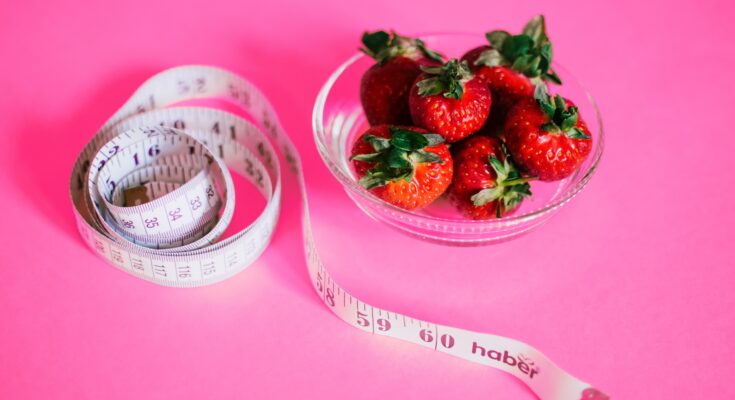Discover the Health Benefits and Nutritional Content of Babybel Cheese:
Babybel cheese is a popular snack choice for people of all ages. Loved for its convenient packaging and delicious taste, Babybel cheese also offers several nutritional benefits. In this comprehensive guide, we’ll delve into the nutrition facts of Babybel cheese, exploring its health benefits and why it can be a valuable addition to your diet.
Table of Contents
1. What is Babybel Cheese?
Babybel cheese, produced by Bel Brands USA, is a type of semi-soft cheese known for its small, round shape and distinctive wax coating. It originated in France and has gained widespread popularity around the world. Babybel cheese is typically made from pasteurized cow’s milk and comes in various flavors, including original, light, and flavored varieties like cheddar and gouda.
2. Nutritional Content of Babybel Cheese:
Despite its small size, Babybel cheese packs a nutritional punch. Here’s a breakdown of the typical nutritional content found in one serving (21 grams) of original flavor Babybel cheese:
- Calories: 70
- Total Fat: 6 grams
- Saturated Fat: 4 grams
- Trans Fat: 0 grams
- Cholesterol: 20 milligrams
- Sodium: 160 milligrams
- Total Carbohydrates: 0 grams
- Dietary Fiber: 0 grams
- Sugars: 0 grams
- Protein: 5 grams
3. Health Benefits of Babybel Cheese:
Babybel cheese offers several health benefits, making it a nutritious addition to your diet:
- Rich in Protein: With 5 grams of protein per serving, Babybel cheese can contribute to your daily protein needs. Protein is essential for muscle repair, growth, and overall health.
- Calcium Source: Babybel cheese is a good source of calcium, with each serving providing about 15% of the recommended daily intake. Calcium is crucial for maintaining strong bones and teeth.
- Convenient Snack Option: Babybel cheese comes individually wrapped, making it a convenient snack option for on-the-go lifestyles. Its portion-controlled packaging can help with portion control and prevent overeating.
- Low in Carbohydrates: With zero grams of carbohydrates per serving, Babybel cheese is suitable for low-carb and ketogenic diets.
- No Added Sugars: Babybel cheese contains no added sugars, making it a healthier alternative to sugary snacks.
4. Incorporating Babybel Cheese Into Your Diet:
There are numerous ways to enjoy Babybel cheese as part of a balanced diet:
- On its Own: Babybel cheese makes a delicious and satisfying snack on its own. Simply peel off the wax coating and enjoy its creamy texture and mild flavor.
- Pairing with Fruits: Babybel cheese pairs well with fruits like apples, grapes, and pears for a balanced snack rich in flavor and nutrients.
- In Salads: Add sliced or diced Babybel cheese to salads for an extra boost of protein and calcium.
- In Sandwiches or Wraps: Use Babybel cheese as a tasty addition to sandwiches or wraps for a creamy texture and added flavor.
- With Crackers: Enjoy Babybel cheese with whole-grain crackers for a satisfying and nutritious snack.
5. Considerations and Allergies:
While Babybel cheese offers many health benefits, it’s essential to be mindful of potential allergies or intolerances. Babybel cheese contains milk and may not be suitable for individuals with dairy allergies or lactose intolerance. Additionally, if you have any concerns about your dietary needs or restrictions, consult with a healthcare professional or registered dietitian for personalized advice.
Conclusion:
Babybel cheese is not only delicious but also a nutritious snack option that can contribute to a balanced diet. With its protein, calcium, and low carbohydrate content, Babybel cheese offers several health benefits and can be enjoyed in various ways. Whether eaten on its own, paired with fruits, or incorporated into recipes, Babybel cheese is a versatile and convenient choice for snack time or any time.



